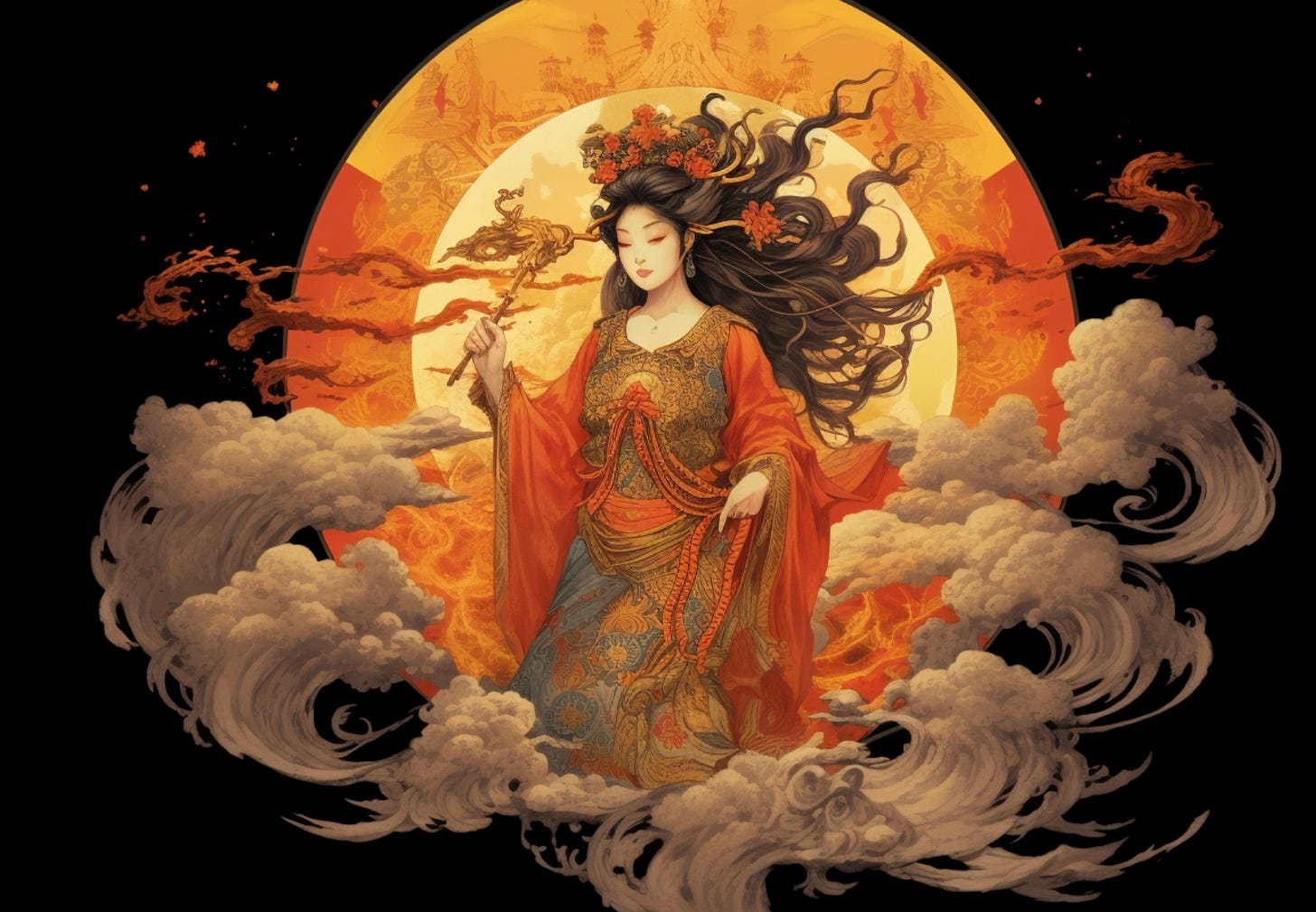
Ancient cultures around the world revered the Sun as the mother and father of life. This special way of relating to the Sun is familiar and intimate. As a mother and father, the Sun is no longer an object; it’s a being. And it was seen this way for good reasons:
The Sun enables photosynthesis in plants, which means they can grow into food and provide oxygen for us. Without sunlight and photosynthesis, we would have no food and no oxygen.
Sunlight is also magnificent because it affects our pineal gland positively.
When we are exposed to sunlight, our pineal gland releases seratonin — the feel-good hormone. Seratonin helps us feel happier and energized.

Go ahead! Bask in the light.
Sunlight also regulates melatonin, which helps us sleep well. According to Dr. Steven Lin, sun-gazing in the morning produces melatonin 12 hours later. Can you believe it? Are you sleeping well? Try sungazing early in the morning.
But perhaps the most well-known of the Sun’s nourishing gifts is vitamin D. Do you remember what vitamin D does?
Vitamin D does many things, including regulating energy levels and immune function. This is why, when we are sick, taking in sunlight helps us to heal. Enough sun exposure strengthens our immune system.
No wonder ancient people — everywhere — from Japan to the Middle East, Africa, Europe, Asia, and the Americas revered the Sun.
So, why did people stop adoring the Sun?
Keep reading with a 7-day free trial
Subscribe to NgenForce by Eva Wymm to keep reading this post and get 7 days of free access to the full post archives.



